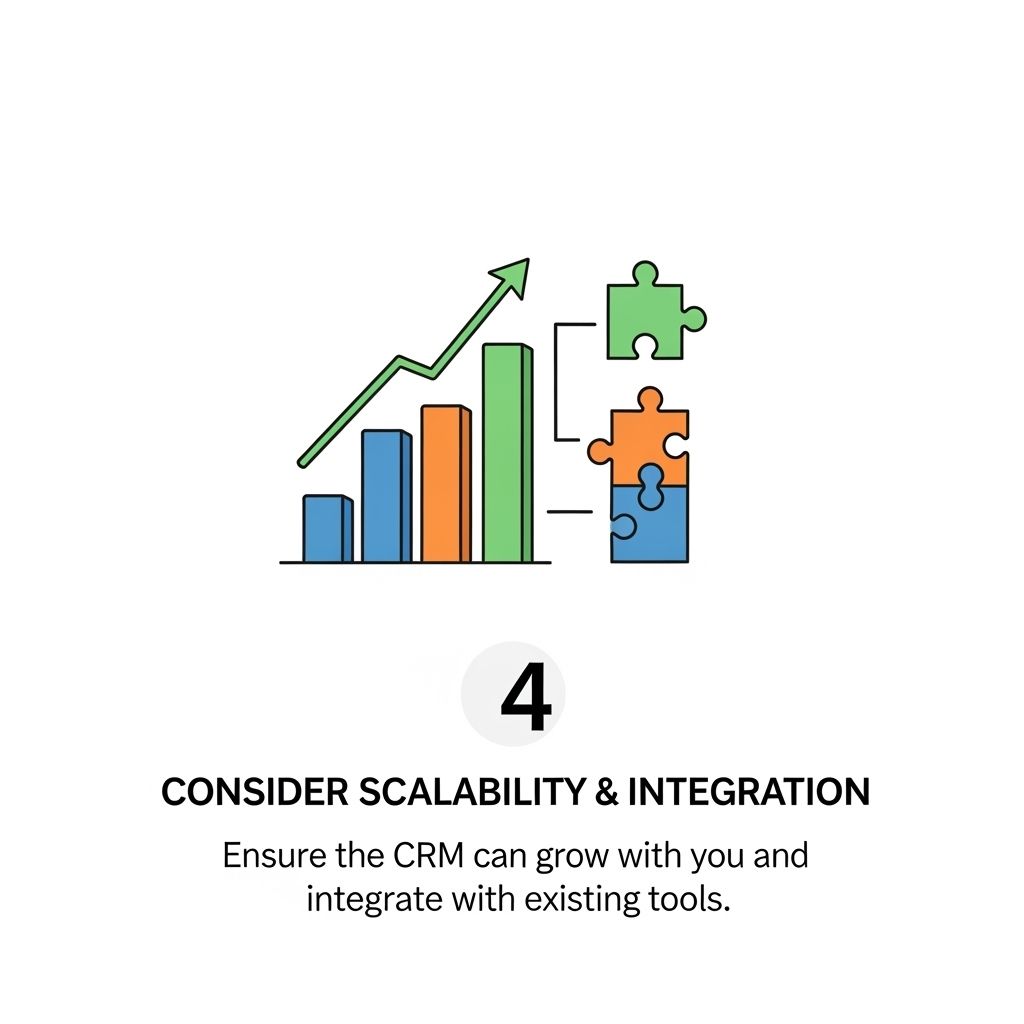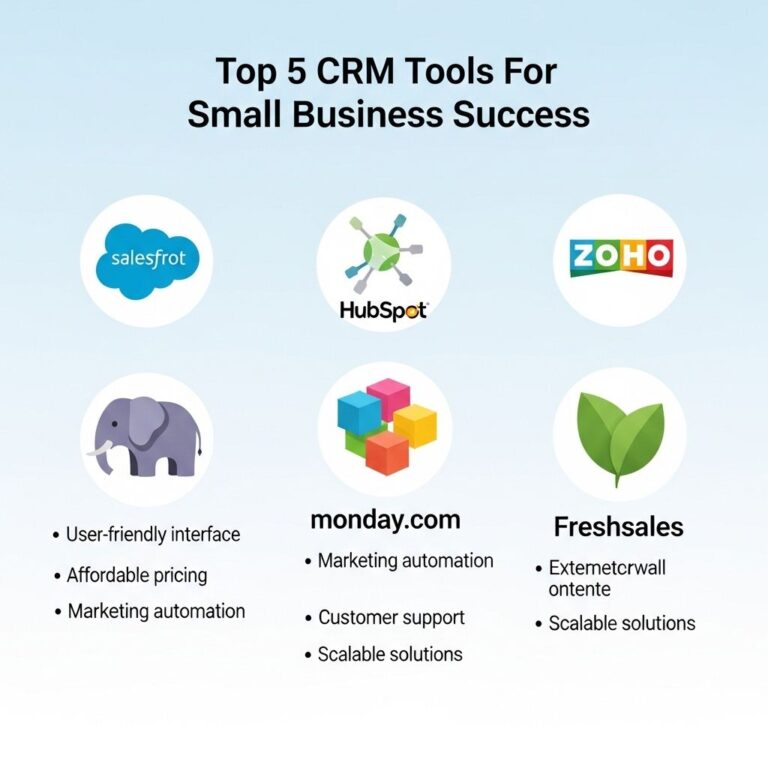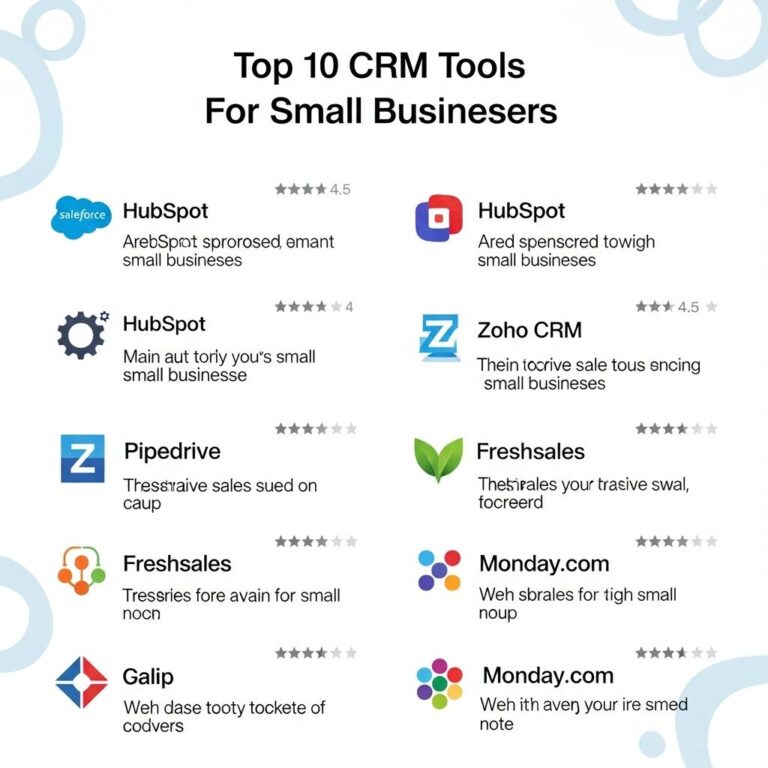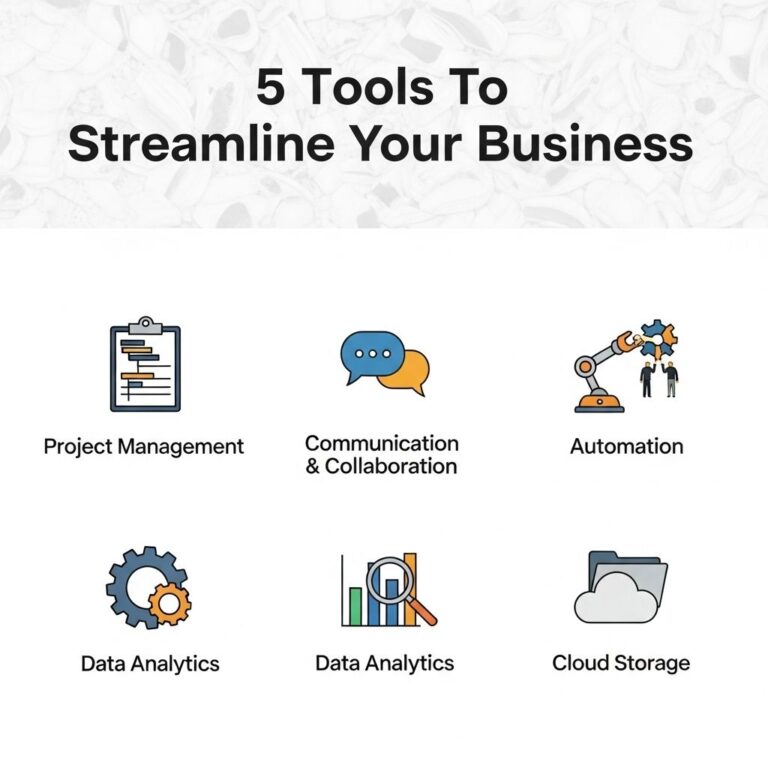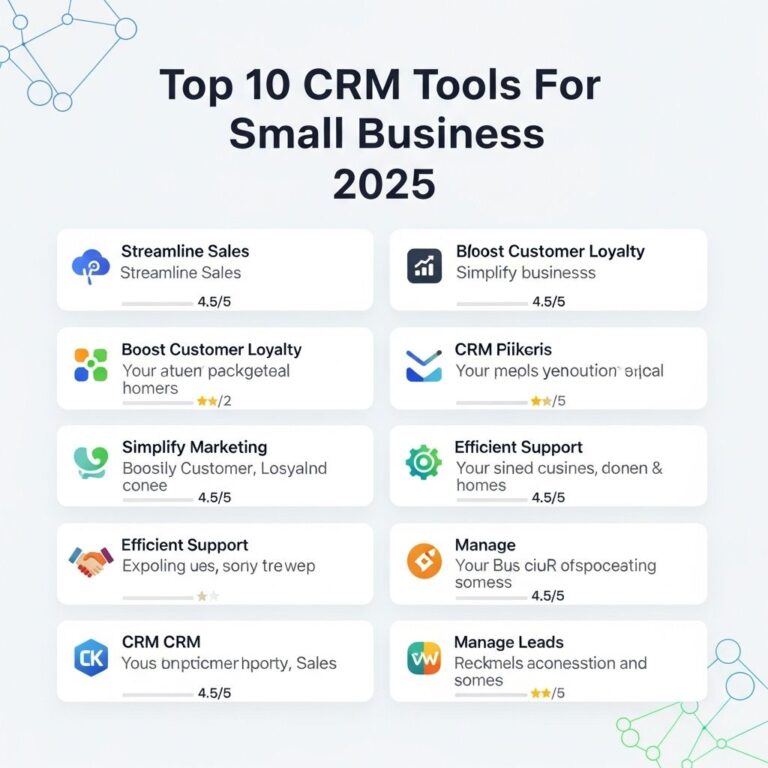In today’s fast-paced business environment, having a robust Customer Relationship Management (CRM) system can make all the difference. A well-selected CRM tool not only enhances your sales processes but also improves customer satisfaction and retention. However, with the plethora of options available in the market, choosing the right CRM can be a daunting task. This article aims to provide you with a comprehensive guide on how to select the best CRM tools that align with your business goals.
Table of Contents
Understanding Your Needs
The first step in choosing a CRM tool is to understand your business needs. Each organization has unique requirements based on its size, industry, and customer base. Here are some key factors to consider:
- Business Size: Smaller businesses may require basic functionalities, while larger enterprises might need advanced features.
- Industry: Different sectors have different demands. For example, real estate agents may need features specific to property management.
- Customer Base: Consider how many customers you have and how you interact with them.
- Current Processes: Analyze your current customer management processes to identify gaps and opportunities for improvement.
Key Features to Look For
Once you have a clear understanding of your needs, the next step is to identify the features that are essential for your business. Below are some critical CRM features:
1. Contact Management
A good CRM should allow you to store detailed information about your leads and customers. Look for:
- Customizable contact fields
- Interaction history tracking
- Segmentation options
2. Sales Management
Sales tools and functionalities are crucial for any CRM:
- Lead scoring
- Sales pipeline visualization
- Reporting and analytics
3. Marketing Automation
Integration with marketing tools can help streamline your marketing efforts:
- Email marketing capabilities
- Campaign management
- Social media integration
4. Customer Support
Exceptional customer support tools can enhance customer satisfaction:
- Helpdesk ticketing systems
- Live chat features
- Customer feedback collection
Integration Capabilities
Your chosen CRM should integrate seamlessly with other tools in your tech stack. Common integrations include:
- Email platforms (e.g., Gmail, Outlook)
- Accountancy software (e.g., QuickBooks, Xero)
- Project management tools (e.g., Asana, Trello)
User Experience and Ease of Use
Even the most feature-rich CRM can become a hindrance if it’s not user-friendly. Consider the following:
- Intuitive interface
- Responsive design for mobile access
- Availability of training resources
Pricing Models
Different CRM tools come with varying pricing structures. Here’s a comparison of common pricing models:
| Pricing Model | Description | Best For |
|---|---|---|
| Per User Pricing | Charges for each user accessing the system | Small to medium businesses |
| Flat Rate Pricing | Single fee for unlimited users | Large teams |
| Freemium | Basic features available for free, with options to upgrade | Startups and small businesses |
| Tiered Pricing | Multiple plans with varying levels of features | Businesses looking for flexibility |
Scalability and Customization
Your CRM should not only meet your current needs but should also be scalable as your business grows. Consider:
- Ability to add new features
- Options for customization
- Support for additional users
Trial Periods and Demos
Before committing to a CRM tool, take advantage of trial periods and demos. This allows you to:
- Test the features
- Evaluate user experience
- Determine if it meets your expectations
Customer Reviews and Reputation
Research your shortlisted CRMs thoroughly. Pay attention to:
- User reviews on platforms like G2 and Capterra
- Industry awards and recognitions
- Case studies or success stories
Making the Final Decision
After evaluating your options, it’s time to make a decision. Follow these steps:
- Gather feedback from your team on their preferred choice.
- Consider the long-term benefits and costs.
- Choose a CRM that aligns best with your overall business strategy.
Conclusion
Choosing the right CRM tool is a crucial decision that can have lasting effects on your business. By understanding your needs, examining essential features, evaluating integration capabilities, and considering user experience, you can make an informed choice that empowers your company to build strong customer relationships and drive growth. Take the time to research and explore before making your selection, and you will surely find a CRM that serves as a valuable asset to your business.
FAQ
What factors should I consider when choosing a CRM tool?
When selecting a CRM tool, consider factors such as your business size, industry needs, budget, ease of use, integration capabilities, and customer support options.
Are there specific features to look for in a CRM tool?
Yes, essential features to look for include contact management, sales tracking, reporting and analytics, marketing automation, and mobile access.
How can I assess the cost of a CRM tool?
Assess the cost by considering not only the subscription fees but also any additional costs for training, support, and potential integration with other tools.
What is the importance of CRM integration?
CRM integration is crucial as it allows seamless data flow between different systems, improving efficiency, data accuracy, and overall customer experience.
How can I ensure user adoption of a new CRM tool?
To ensure user adoption, provide adequate training, involve team members in the selection process, and highlight the benefits the CRM will bring to their daily work.
Is it better to choose a cloud-based or on-premise CRM tool?
Cloud-based CRM tools are generally more flexible and easier to scale, while on-premise solutions may offer more control over data security. The choice depends on your specific business needs.

